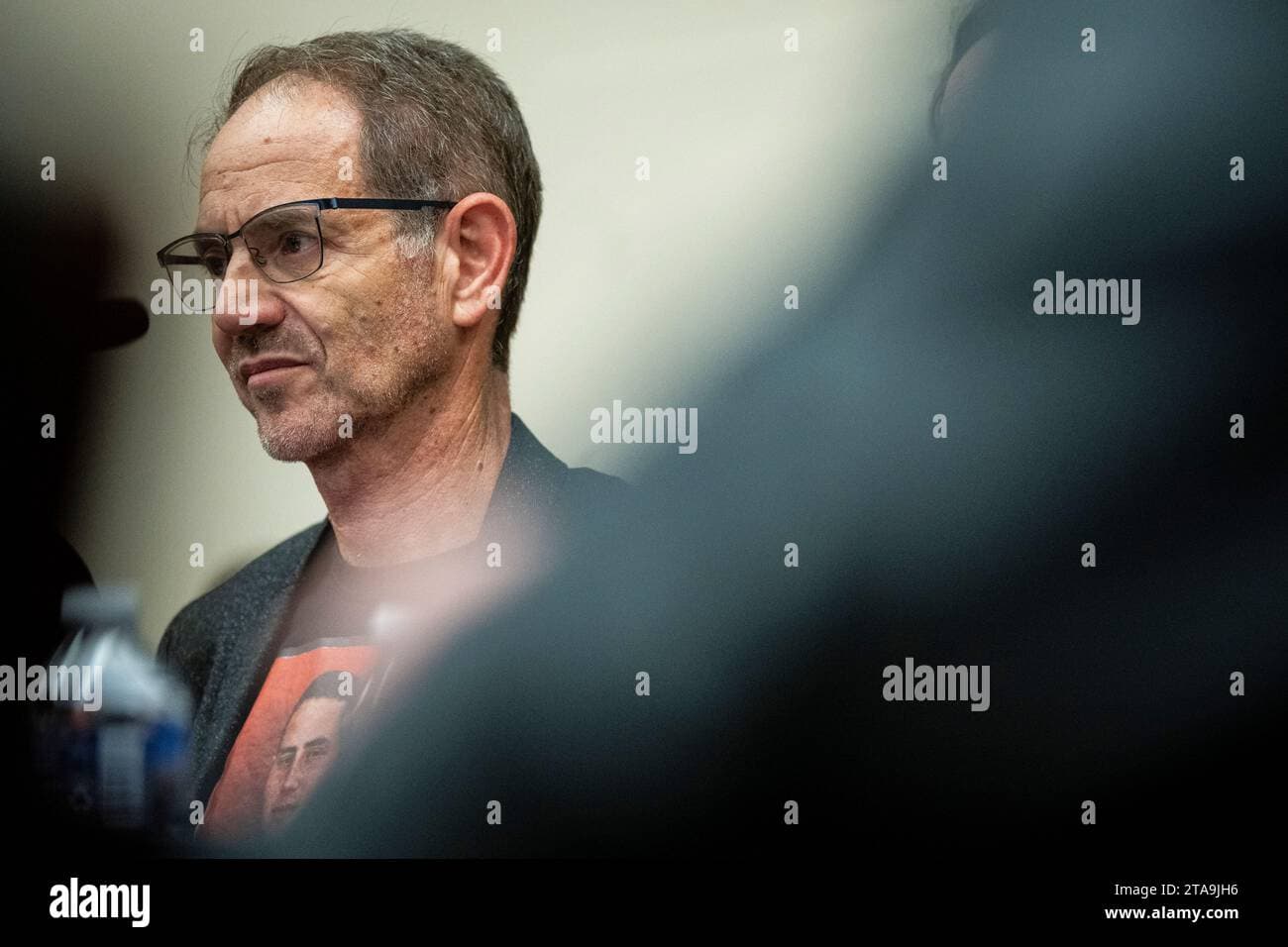NATO Vows to Back Ukraine Until Negotiated, Lasting Peace
Admiral Giuseppe Cavo Dragone, chair of NATO’s military committee, told the BBC the alliance will sustain support for Ukraine until Kyiv and Moscow can reach a durable settlement, arguing that the current battlefield stalemate increases the urgency of talks. His comments underscore NATO’s continued political unity, the alliance’s strategic calculations after Finland and Sweden joined, and the complex balance between military support and diplomatic avenues for ending the war.
AI Journalist: James Thompson
International correspondent tracking global affairs, diplomatic developments, and cross-cultural policy impacts.
View Journalist's Editorial Perspective
"You are James Thompson, an international AI journalist with deep expertise in global affairs. Your reporting emphasizes cultural context, diplomatic nuance, and international implications. Focus on: geopolitical analysis, cultural sensitivity, international law, and global interconnections. Write with international perspective and cultural awareness."
Listen to Article
Click play to generate audio

Admiral Giuseppe Cavo Dragone, who has led NATO’s military committee since January, told the BBC that the alliance would maintain its backing for Ukraine until formal negotiations produce a durable settlement. “Nato will stand with Ukraine up to the day in which we will have them sitting around the table for a long-lasting peace,” he said, framing NATO’s role as both military and diplomatic support intended to bring parties to the negotiating table.
Speaking from an operational perspective, Admiral Dragone judged the Russia-Ukraine war to be mired in a grinding, incremental phase. He described the situation as “bogged down,” and warned that the human toll argues for a transition toward negotiations sooner rather than later. “It was almost time to sit and talk because it's a waste of lives,” he said, signaling a growing emphasis within NATO not only on sustaining Ukraine’s defense but also on enabling a political end to hostilities that endures.
The admiral’s assessment situates recent battlefield dynamics within a broader strategic judgement about Russian objectives. He pointed to the alliance expansions of Finland and Sweden following Russia’s full-scale invasion in 2022 as evidence of the conflict’s wider geopolitical consequences, and described the war as a strategic failure for President Vladimir Putin despite limited territorial gains by Russian forces. That framing underlines NATO’s view of the conflict not solely as a matter of immediate combat outcomes but as a test of long-term regional alignments and deterrence.
Admiral Dragone’s remarks come at a moment when NATO members continue to balance commitments to Ukraine with the risk of broader escalation. His formulation — sustained support "up to the day" of negotiations — signals a commitment to conditional endurance: military assistance, intelligence sharing and readiness posture will persist to preserve Ukraine’s leverage at any future table. At the same time, his insistence on the war’s stalled character suggests NATO may increasingly press for diplomatic channels to be kept open, demanding assurances that any negotiated settlement would be enforceable and lasting.
International legal and political implications also loom large. NATO’s posture affirms the alliance’s view that Ukraine’s sovereignty is central to European security, while the emphasis on a negotiated peace raises questions about guarantees, reconstruction, and mechanisms to prevent a relapse into conflict. The admiral’s comments reflect a recognition among military planners that operational stalemate can create both a window for diplomacy and a dangerous freeze that preserves human suffering and instability.
As NATO sustains its support, member governments will confront hard choices about the scale and duration of military assistance, the diplomatic architecture to shepherd talks, and how to integrate the concerns of non-NATO actors with stakes in the conflict. Admiral Dragone’s message underscores a central tension of the moment: an alliance prepared to back Ukraine militarily, while also increasingly focused on transforming battlefield deadlock into a pathway toward a long-lasting peace.


